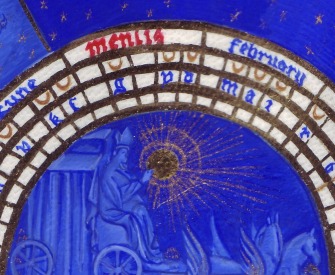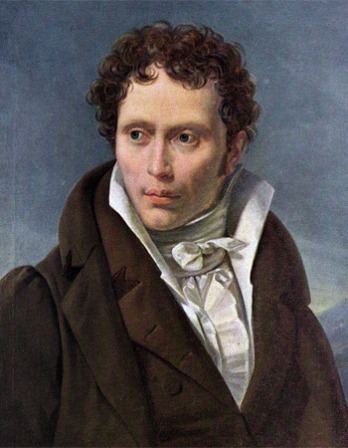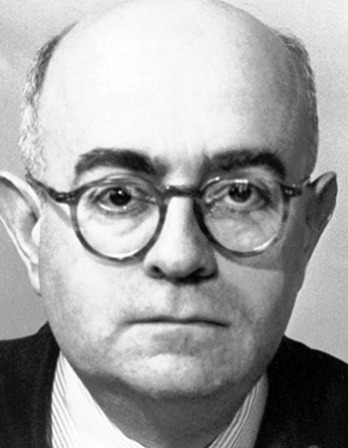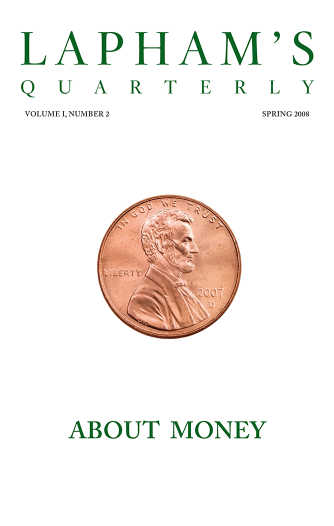Socrates: Among the ancient gods of Naucratis in Egypt there was one to whom the bird called the ibis is sacred. The name of that divinity was Thoth, and it was he who first discovered number and calculation, geometry and astronomy, as well as the games of checkers and dice, and above all else, writing.
Now, the king of all Egypt at that time was Thamus, who lived in the great city in the upper region that the Greeks call Egyptian Thebes; Thamus they call Amun. Thoth came to exhibit his arts to him and urged him to disseminate them to all the Egyptians. Thamus asked him about the usefulness of each art, and while Thoth was explaining it, Thamus praised him for whatever he thought was right in his explanations and criticized him for whatever he thought was wrong.
The story goes that Thamus said much to Thoth, both for and against each art, which it would take too long to repeat. But when they came to writing, Thoth said, “O king, here is something that, once learned, will make the Egyptians wiser and will improve their memory; I have discovered a potion for memory and for wisdom.” Thamus, however, replied, “O most expert Thoth, one man can give birth to the elements of an art, but only another can judge how they can benefit or harm those who will use them. And now, since you are the father of writing, your affection for it has made you describe its effects as the opposite of what they really are. In fact, it will introduce forgetfulness into the soul of those who learn it: they will not practice using their memory because they will put their trust in writing, which is external and depends on signs that belong to others, instead of trying to remember from the inside, completely on their own. You have not discovered a potion for remembering, but for reminding; you provide your students with the appearance of wisdom, not with its reality. Your invention will enable them to hear many things without being properly taught, and they will imagine that they have come to know much while for the most part they will know nothing. And they will be difficult to get along with, since they will merely appear to be wise instead of really being so.”
©1995 by Alexander Nehamas and Paul Woodruff. Used with permission of Hackett Publishing Company, Inc.
From “Phaedrus.” Socrates did not write any of his teachings down; what we know of his beliefs are mostly contained in the extensive works of Plato. The latter wrote in his “Letter VII,” however, that there is some knowledge which cannot be recorded but rather, “After long-continued intercourse between teacher and pupil, in joint pursuit of the subject, suddenly, like light flashing forth when a fire is kindled, it is born in the soul and straightway nourishes itself.”
Back to Issue





